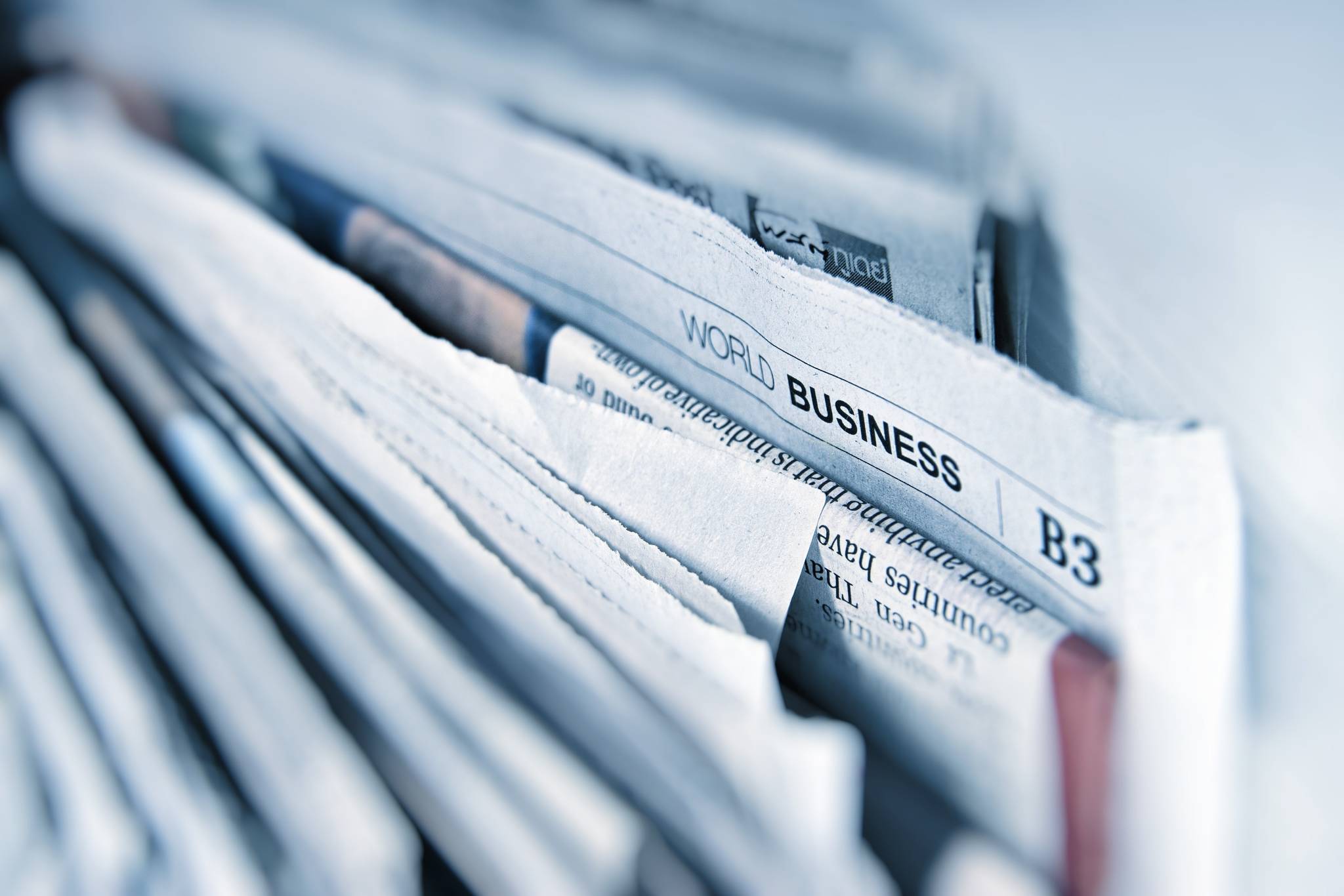On Jan. 28, a chartered flight carrying about 200 American evacuees from Wuhan China made a refueling stop at Ted Stevens International Airport in Anchorage. Passengers deplaned at the North Terminal where they were screened for symptoms of the novel coronavirus.
“But as health authorities worked to decontaminate the empty terminal,” Gov. Mike Dunleavy explained last week, “we knew something wasn’t right. We stood up our disaster team and began repurposing them for a pandemic.”
Two days later, the World Health Organization declared a public-health emergency. And while our governor was concerned about a possible pandemic, President Donald Trump thought he had the situation “very well under control.”
This story is about a vital American institution that Dunleavy and most Alaskans trusted more than the President of the United States. The news media.
Credit Dr. Anne Zink, Alaska’s chief medical officer, with getting the ball rolling in the right direction. And she moved it that way despite believing in January that the flu presented a more serious threat.
I’m sure reports from medical experts were the main source of information for a person in her position. The unknowns they contained about the virus had to be cause for alarm. But the news media provided some important background. Like the stories about emergency hospitals being built in Wuhan.
“Hospitals are so short of space that a pop-up quarantine facility with 1,000 beds is being rapidly built on the outskirts of Wuhan” the Washington Post reported on Jan. 24. Two weeks later, the New York Times and CNN ran stories about the first hospital being ready to accept patients and the start of construction of a second facility.
All three are news organizations that Trump likes to call “fake news” and an “enemy of the people.” But those hospitals are true stories written by real journalists doing the serious work of trying to keep us informed about events that could impact our lives.
Trump knew the hospitals were being built. He considered them part of the Chinese government’s “powerfully focused” effort that to contain the virus, declared it “will be a very successful operation,” and spent the next month predicting a happy ending for America.
By the end of February, that attitude became the centerpiece of a major political controversy. Democrats and responsible media outlets argued the administration’s efforts to prepare and inform Americans was dangerously inadequate. Trump and his most faithful defenders in Congress and on Fox News called their criticism a hoax.
But Dunleavy’s administration ignored all that. Around March 1, he indicated he would seek $4 million from the Legislature and $9 million from the federal government to bolster his response effort. And the state Department of Health and Social Services released a fact sheet advising Alaskans how to prepare for the virus.
Up until that that time, there had been very little reason for the state’s news media to cover the story. That changed as it began to impact our communities. Since then, they’ve put extensive effort into covering every aspect of it. More notable, Dunleavy and local government officials developed a highly cooperative relationship with them to ensure Alaskans were getting the real story.
Unlike Trump’s daily press briefings, Dunleavy hasn’t used his for political theater. He’s given more time for his medical experts to speak and hasn’t contradicted them. And instead of insulting reporters, he gave them the respect they and their organizations deserve.
In the public square, Alaskans helped keep the case numbers low by blocking out the noise coming from the White House. We accepted the necessity of school and businesses closures, cooperated with social distancing guidelines and stay-at-homes orders and trusted our local reporters to give us the information and stories we needed.
We’re not out of the woods yet. “Now more than ever is the time to mask up” Dunleavy wrote last week as he explained his plan to softly reboot Alaska’s economy. He expects us to continue practicing social distancing. But if the situation becomes “untenable,” his team “will adjust accordingly to prevent the virus from getting the upper hand.”
And although he didn’t mention it, we’ll be better off continuing to trust Alaska’s news media rather than the national voices that seek to divide us.
• Rich Moniak is a Juneau resident and retired civil engineer with more than 25 years of experience working in the public sector. Columns, My Turns and Letters to the Editor represent the view of the author, not the view of the Juneau Empire.

